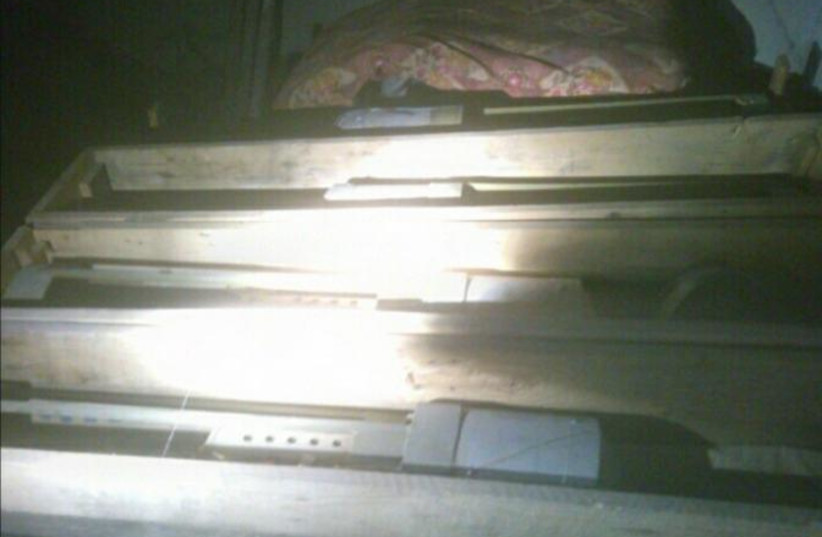As the war in Gaza drags on, the timeline is looking more like months or years – because of the way the war is being waged. What this means is that Israel will probably settle in to control several corridors in Gaza, but that much of the enclave may return to Hamas control – unless other countries can come up with a better solution.
In this likely scenario, there is yet another looming threat for Israel in Gaza: Eventually, there is going to come a time when there will be a ceasefire, or operations will be significantly reduced such that it is a de facto ceasefire. The international community is likely going to want to help to rebuild the ruined Strip.
However, in past wars, what has happened with reconstruction in Gaza or Lebanon, is that countries and groups that are sympathetic to terrorists seize the contracts. For instance, Hezbollah was the one to rebuild Lebanon in 2006; look where it is now. Likewise, Hamas benefited from reconstruction in Gaza; its leaders live in Qatar, which has sought to fund reconstruction in the past.
This scenario could be dangerous. If reconstruction begins in Gaza, and the firms involved are forced to work under the mafia-like Hamas control (absent a different civil governing power), then it is likely the funds will be diverted to terror. That means the hundreds of miles of Hamas tunnels destroyed by the IDF will be rebuilt.
It means that Hamas will rebuild schools and hospitals to use them for terror again. The rocket infrastructure found in Gaza is extraordinarily extensive, seen nearly daily. They build the launchers in simple manufacturing sites, like garages.

Rocket launchers likely don’t need such complicated tools – something to cut the metal and weld and press the medal into shapes. Once completed, they are moved in segments to a civilian area and buried in the ground or hidden in walls.
When we consider how easy it is to divert civilian items to be made into things like rocket launch tubes, we must begin to think about the dangers present in reconstruction. Unless Hamas can be replaced by another authority in Gaza, it will continue to steal aid and sell it and use the cash to fund its network of fighters and position new terror infrastructure everywhere.
Rubble creates perfect Hamas cover
The ruins of many areas in Gaza are perfect for Hamas; they can move into these areas under the guise of “helping” civilians and clear rubble in such a way as to hide their new weapons launchers and tunnel shafts. Unless this is monitored more closely than in the past, within a few years, Gaza will return to what it was before October.
The important aspect of reconstruction is to make sure that Israel’s partners and friends are involved and that any firms involved are vetted. Israel has learned the hard way that many countries do not have their interests at heart.
As the war continues, it is likely many countries and interests who back Hamas are already thinking how they can benefit from this war – as Iran already is.
Tehran will seek to advise Hamas on how to rebuild its capabilities and has already done so for Hezbollah, the Houthis, and militias in Iraq and Syria.
Israel faces many more enemies today than in the past, and many countries such as China and Russia have lined up behind Hamas. Reconstruction is going to soon become a topic and Israel will need to treat this with the kind of strategic importance it has not treated the conflict so far.
